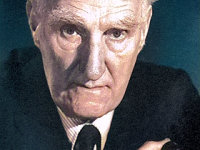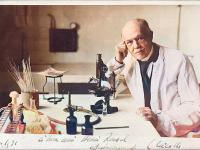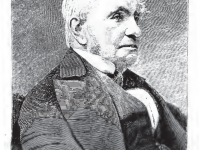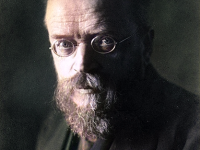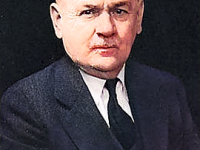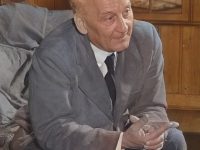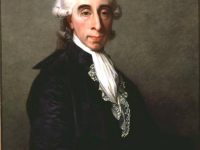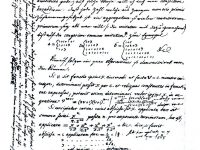John Boyd Orr and his Nutrition Research
On September 23, 1880, Scottish teacher, doctor, biologist and politician John Boyd Orr, 1st Baron Boyd-Orr was born. Boyd Orr received the Nobel Peace Prize for his scientific research into nutrition and his work as the first Director-General of the United Nations Food and Agriculture Organization (FAO) to eliminate world hunger. “There can be no peace in the world so long as a large proportion of the population lack the necessities of life…
Read more











